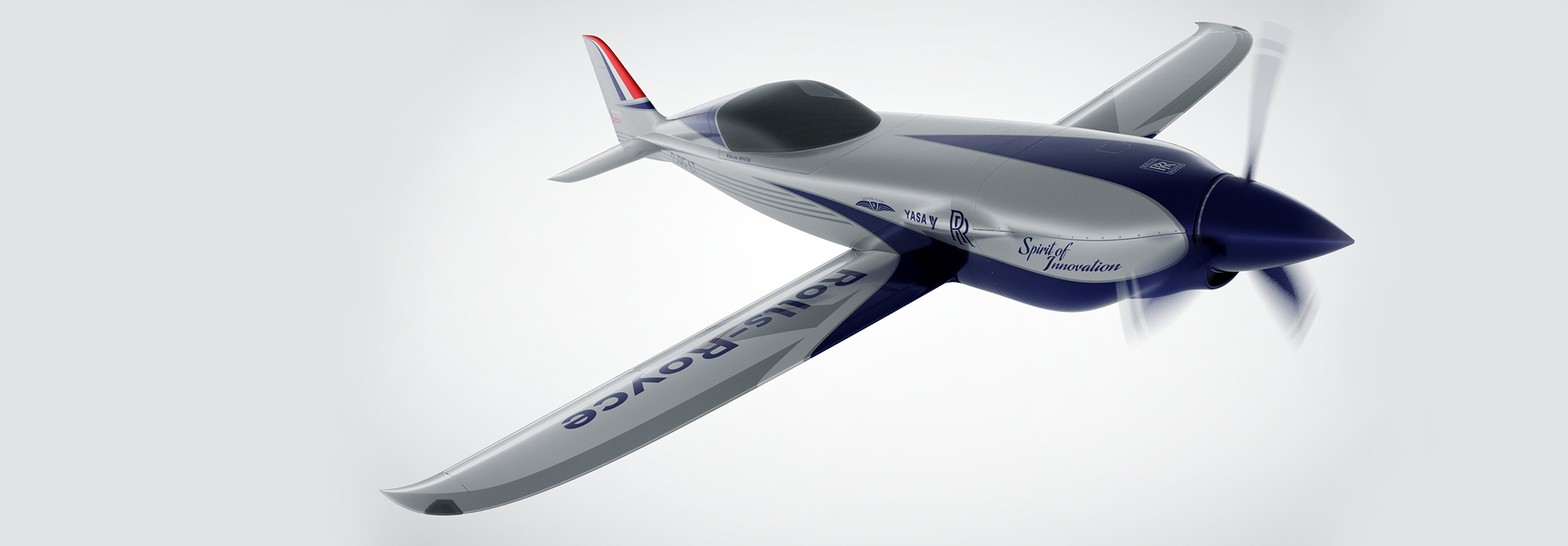Europe News
Rolls-Royce Develops World’s Fastest All-Electric Aircraft

The zero-emissions Rolls-Royce aircraft will make history as the fastest ever all-electric aircraft, reaching a speed of more than 480 kilometres per hour
The zero-emissions aircraft will reach a speed of more than 480 kilometres per hour
There’s a lot going on in aviation right now, with news that four-hour flights from London to Sydney could exist by the 2030s. But another aviation milestone could occur as soon as next year, with a team of British engineers, designers, and data specialists recruited from Rolls-Royce and beyond on a mission to put a high-performance, electric plane in the air in 2020. If successful, the company’s zero-emissions aircraft will make history as the fastest ever all-electric aircraft, reaching a speed of more than 480 kilometres per hour. The current record for an all-electric plane, set by Siemens in 2017, is 338 kph.
The initiative, called ACCEL – ‘Accelerating the Electrification of Flight’ – is part of Rolls-Royce’s strategy to champion electrification in aviation, and is partly funded by the UK government in partnership with electric motor and controller manufacturer YASA and the aviation start-up Electroflight.
According to Rolls-Royce, the team developing and designing the e-racer comprises some of the top minds from the world of Formula E racing. To reach their goal, the team will need to build an immense battery that’s powerful enough to beat a series of speed and performance records, light enough to fly, and stable enough not to overheat. ACCEL already has the most energy-dense battery pack ever assembled for an aircraft, providing enough power to fly 200 miles (London to Paris) on a single charge. “This plane will be powered by a state-of-the-art electrical system and the most powerful battery ever built for flight,” stated ACCEL Project Manager for Rolls-Royce, Matheu Parr. “In the year ahead, we’re going to demonstrate its abilities in demanding test environments before going for gold in 2020 from a landing strip on the Welsh coastline.
“We’re monitoring more than 20,000 data points per second, measuring battery voltage, temperature, and overall health of the powertrain, which is responsible for powering the propellers and generating thrust. We’ve already drawn a series of insights from the unique design and integration challenges,” Parr added. “And we’re gaining the know how to not only pioneer the field of electric-powered, zero-emissions aviation – but to lead it. At this point, our confidence is sky high.”
This latest initiative comes two years after Rolls-Royce announced it would explore hybrid-electric propulsion – using a gas turbine engine as a generator to power an electric fan – for regional commercial aircraft through the E-Fan X demonstrator programme with Airbus and Siemens. Rolls-Royce also previously showcased a hybrid electric vertical take-off and landing (EVTOL) vehicle concept, which could be adapted for personal transport, public transport, logistics and even military applications and take to the skies as soon as the early 2020s.
Latest Articles
Don't miss the latest from Luxury Travel
